Traveling Internationally for Business? Things to Keep in Mind
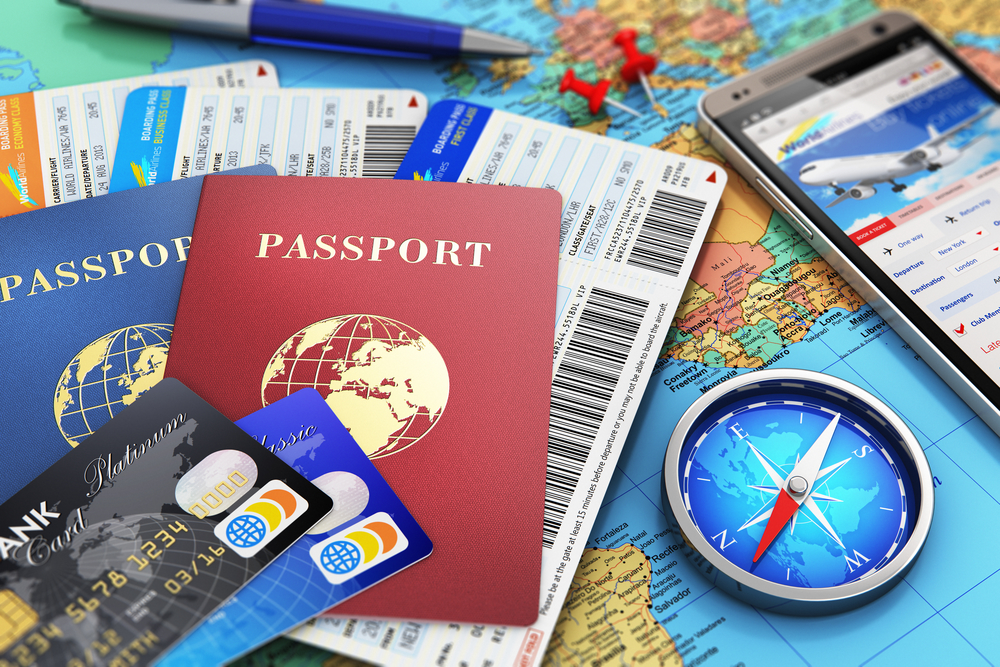 Traveling internationally is an entirely different ballgame than continental travel. From prep to safety, there are many things to keep in mind to ensure a secure and successful trip. Before traveling abroad, make sure you have all your bases covered with these helpful tips from the business travel agents at GTI Travel.
Traveling internationally is an entirely different ballgame than continental travel. From prep to safety, there are many things to keep in mind to ensure a secure and successful trip. Before traveling abroad, make sure you have all your bases covered with these helpful tips from the business travel agents at GTI Travel.
Passport
Apply for your passport well in advance of travel to avoid excess fees. Your key identification, always store a backup copy separate bag from the original, leaving one at home in case of loss/theft as well.
Schengen Visa
U.S. citizens may travel to the 26 member countries of the European Schengen area for up to 90-days with no need to apply for a business Schengen visa. U.S. residents of another nationality may require a visa, however, depending on heritage.
U.S. Global Entry
Skip long lines at customs when reentering the country, getting home faster with the U.S. Global Entry program. A few months in advance, fill out the application, go through the screening process, and pay the $100 fee (5-year term), and all you’ll need to reenter the U.S. after business travel abroad is a quick check-in via electronic kiosk. This will also qualify you for a TSA PreCheck, speeding up the security screening process as well. Learn more.
Phone Service
Even if you don’t plan on making calls during business travel, be sure your phone offers international calling, verifying rates or purchasing a temporary phone that will work at your end destination. Phone service is essential in travel emergencies.
Transportation
Public transportation and taxis aren’t as reliable in other parts of the world. Before you leave, be certain your corporate travel planners have lined-up reliable transportation by a licensed driver.
Vaccinations
Depending on where you are traveling you may need additional travel vaccinations to ensure you don’t contract contagious diseases. Stay safe with our Travel Vaccination Guide.
Travel Insurance
Your current health insurance policy may not cover your care if you get sick/injured abroad. Avoid insurance surprises with additional travel insurance.
Travel Advisories
With today’s rapidly changing political climate, as well as climate extremes, it is essential to stay abreast of the latest travel advisories before and during international travel. Learn how you can stay connected.
Emergency Contact Information
Before leaving, arm yourself with the address and contact information of your destination’s U.S. embassy/consulate, nearby hospitals, and evacuation centers, keeping them with you at all times. Also keep numbers for your manager and loved ones back home.
Valuables
Leave any unnecessary valuables, such as jewelry and tech, at home. These can make you a target. Necessary valuables, such as your passport and cash/cards, should not be carried together. Separate money and identification and carry these in separate spots on your person so you don’t lose everything in the event your wallet/purse is stolen. Avoid using your back pockets. Keep items at your front, on your lap, or directly under your feet. Track cash, cards, and your passport, checking their whereabouts regularly and carefully.
Ensure your upcoming international trip is a success with the help of the corporate travel management services of GTI Travel today.

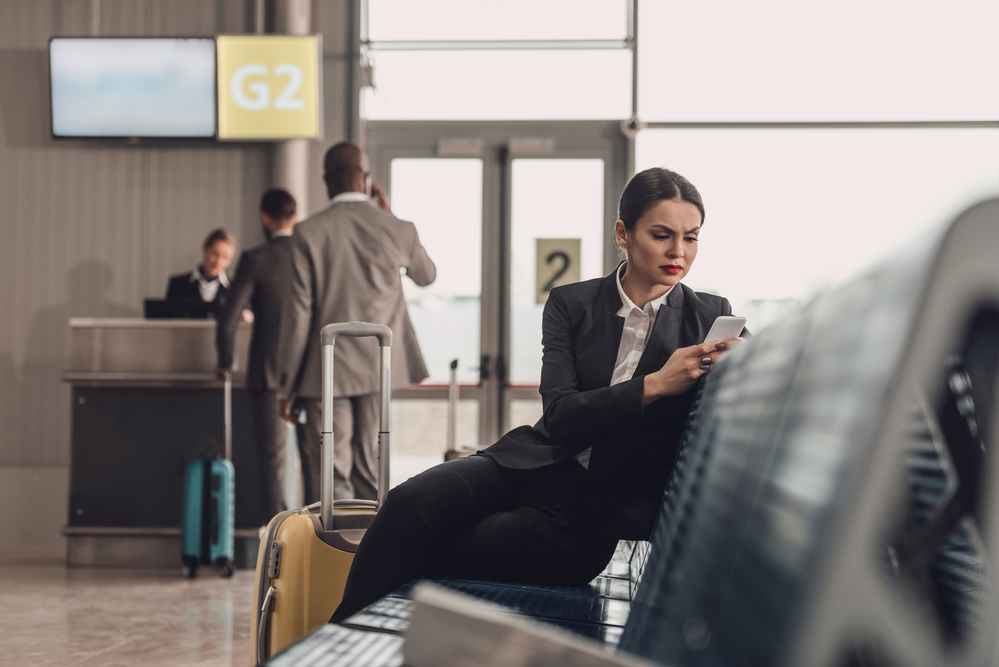
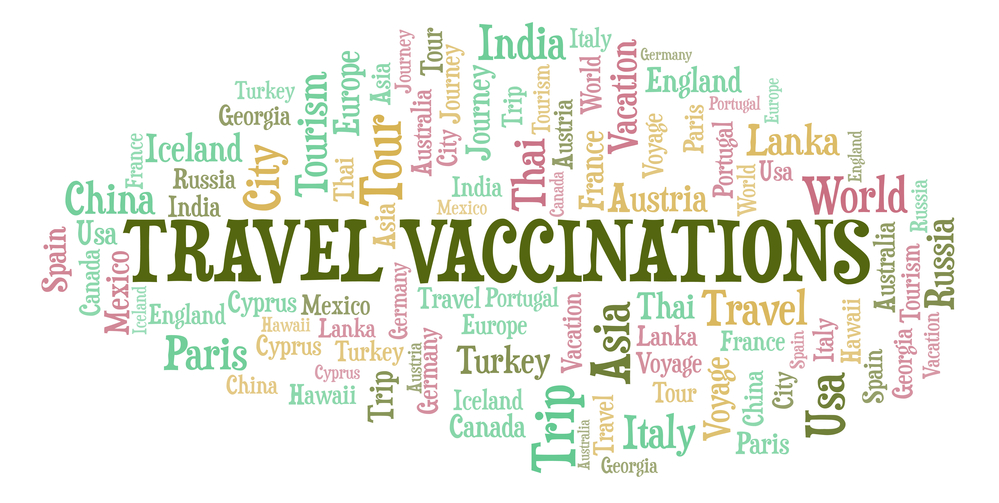
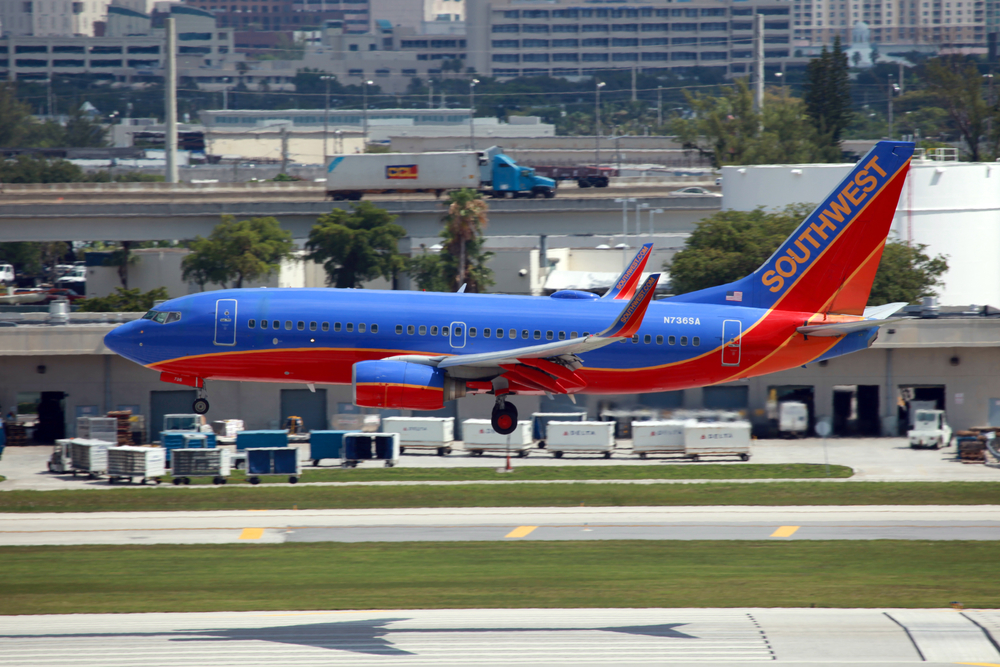
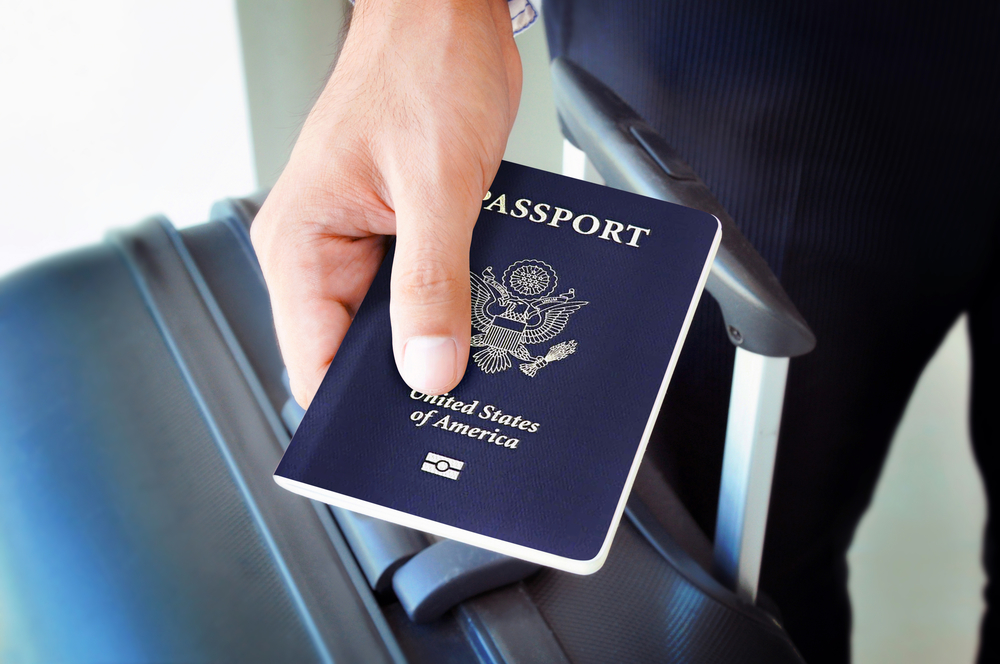



 In today’s digital era,
In today’s digital era,  For those frequently traveling for work, ‘elite’ business class status is a welcomed perk. This perk, however, may be short-lived. Earlier this fall, airline programs began to quietly change the way customer loyalty programs awarded elite status, leaving some flyers by the wayside, and travel planners scrambling for
For those frequently traveling for work, ‘elite’ business class status is a welcomed perk. This perk, however, may be short-lived. Earlier this fall, airline programs began to quietly change the way customer loyalty programs awarded elite status, leaving some flyers by the wayside, and travel planners scrambling for